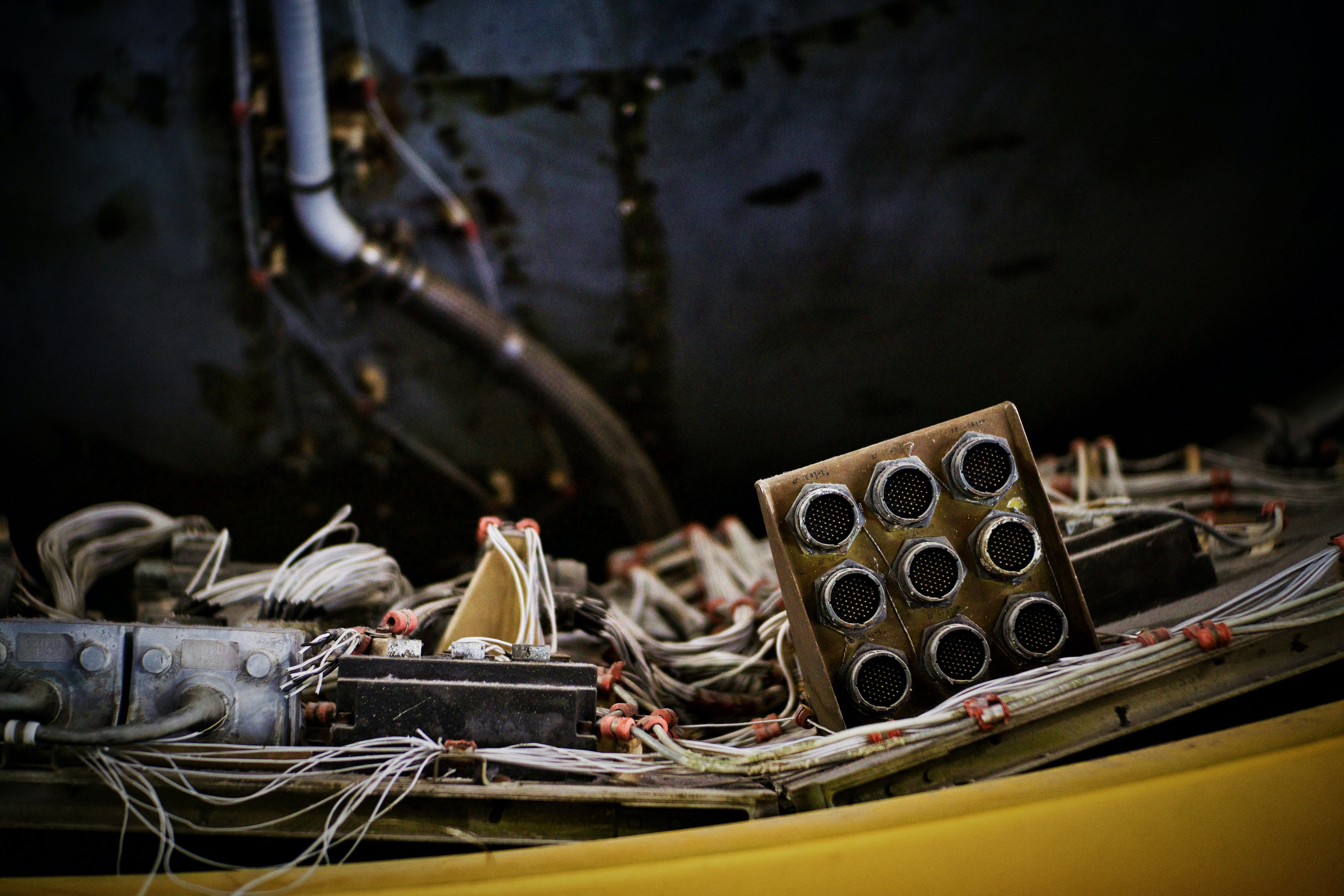- Published 9 Feb 2024
- Last Modified 9 Feb 2024
- 5 min
Guide to Choosing the Right Electrical Connectors for Industry Applications
Explore essential tips for selecting the right electrical connectors for industrial applications, ensuring safety, efficiency, and compatibility.

The realm of industrial applications is intricate and multifaceted, with the effectiveness of operations often hinging on the apt selection of components like electrical connectors. These connectors are more than just joining devices; they are the vital links ensuring seamless flow and distribution of electricity across various industrial systems. Their role is crucial, as the right connectors not only bolster performance but also enhance safety and reliability in demanding industrial environments.
As industries evolve, so does the need for connectors that can withstand the unique challenges of different settings. Take for example, the role of connectors in renewable energy applications. This guide delves into the essential aspects of selecting the appropriate electrical connectors for various industry applications, underlining their significance and providing a comprehensive understanding of the available types.

The Role of Electrical Connectors in Industry Applications
Electrical connectors play a pivotal role in industrial settings, acting as critical interfaces that facilitate the smooth flow of electricity in complex systems. Their primary function is to connect various electrical components, ensuring that power is efficiently and safely transmitted where it is needed. In the vast landscape of industrial applications, these connectors are integral, in everything from powering heavy machinery to transmitting data in high-tech manufacturing processes.
The choice of the right connector type is paramount, as it directly impacts the efficiency and safety of industrial operations. A connector that is well-suited to its application not only ensures an uninterrupted power supply but also minimises risks associated with electrical failures.
Types of Electrical Connectors and Their Applications
When exploring the diverse range of electrical connectors, it becomes evident that each type has been engineered to serve specific functions in various industries. Circular connectors, coaxial connectors, and data connectors are just a few examples from RS' extensive range:
Circular connectors are vital in Malaysia's manufacturing and construction industries, where robust and secure connections are essential for heavy machinery and transportation systems. Their design supports frequent connections and disconnections, aligning with the operational flexibility these industries demand.
Coaxial connectors find their significance in Malaysia's telecommunications sector, a key contributor to the country's digital economy. These connectors ensure high-frequency signal integrity, crucial for applications where high-frequency transmission is required.
Data connectors play an especially crucial role with Malaysia’s growing emphasis on digital transformation. They are fundamental in networking and communication systems, linking devices and facilitating the seamless transfer of data in manufacturing, engineering, and other industrial settings.
Key Considerations for Choosing the Right Connectors
1. Compatibility and Voltage Rating
Choosing connectors that align with the voltage requirements of an application is fundamental to ensure optimal performance and safety. The compatibility of a connector with the system it is part of affects not only its efficiency but also the overall safety of the operation. It’s imperative to match connectors to the voltage and current demands of the application.
2. Environmental Conditions
Industrial environments vary greatly, and so do the conditions under which connectors must operate. Factors like temperature, moisture, and exposure to chemicals play a significant role in determining the suitability of a connector. For instance, connectors used in outdoor settings or areas prone to moisture require enhanced protection against environmental factors.
3. Durability and Reliability
In the demanding world of industrial applications, the durability and reliability of connectors are non-negotiable. Factors influencing the lifespan of a connector include material quality, design, and resistance to wear and tear. Long-lasting electrical connectors not only ensure continuous operation but also reduce maintenance and replacement costs.
Connector Selection Process and Best Practices
The process of selecting the right electrical connectors for industry applications should be systematic and thorough. It involves understanding the specific requirements of the application, evaluating the different types of connectors available, and considering factors such as compatibility, environmental conditions, and durability.
Best practices in the selection process include thoroughly reviewing datasheets, understanding the specifications of each connector type, engaging in environmental testing, and, if necessary, consulting with experts like RS Malaysia. Our expert staff can provide valuable insights into making an informed decision that aligns with both the technical needs and operational demands of your application.

Popular Electrical Connector Brands
TE Connectivity
TE Connectivity excels in automotive connectors, ensuring reliable and high-performance connections for vehicle applications.
Anderson Power Products
Anderson Power Products is a go-to for robust battery connectors, catering to a range of power supply needs.
Phoenix Contact
Phoenix Contact specialises in ethernet connectors, offering secure and efficient solutions for network connectivity.
Related links
- Choosing the Right Digital Multimeter for Your Electrical Testing Needs
- Safety Interlock Switches
- Power Tools 101: Essential Equipment for Every Industry Professional
- The Ultimate Screwdriver Guide: Types, Uses & Selection
- Valve Actuators
- Standard Terminal Blocks
- A Complete Guide to RCBOs
- Everything You Need to Know About Cable Glands